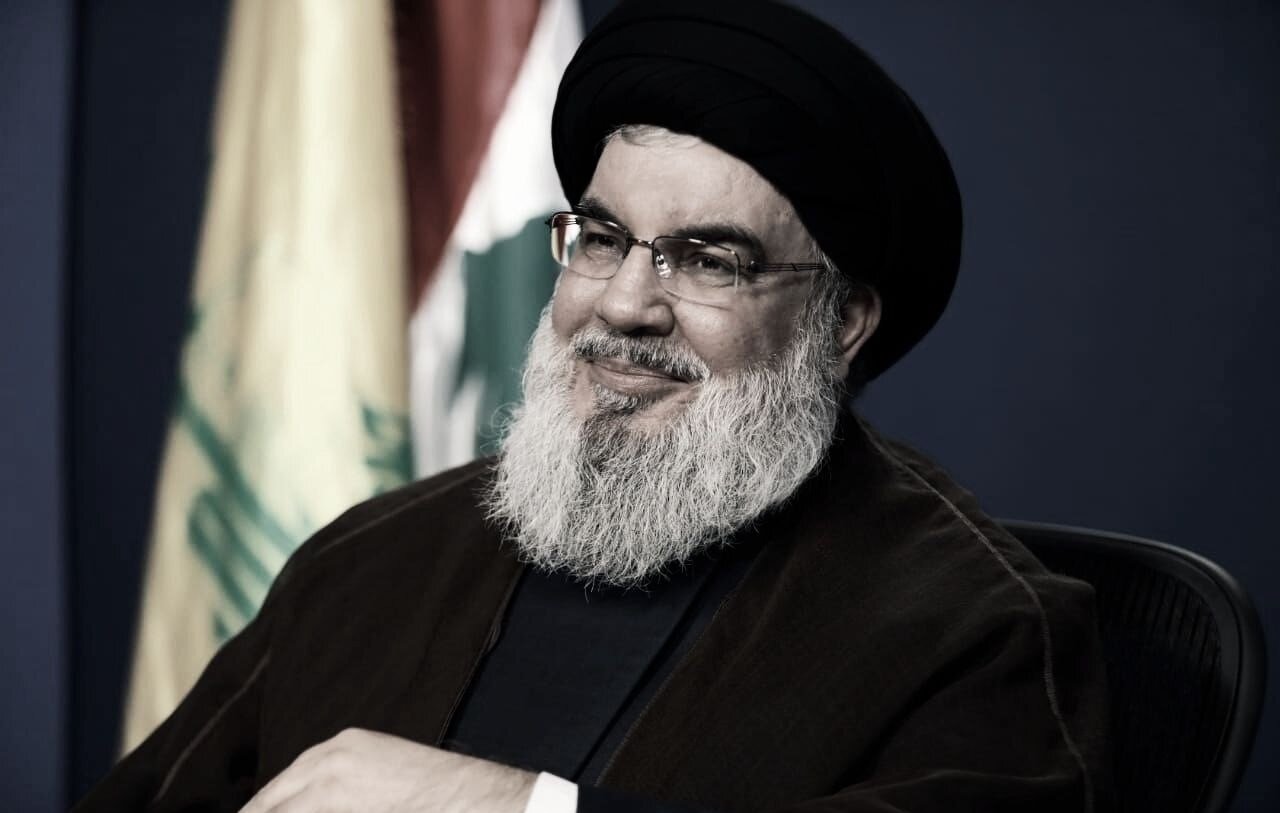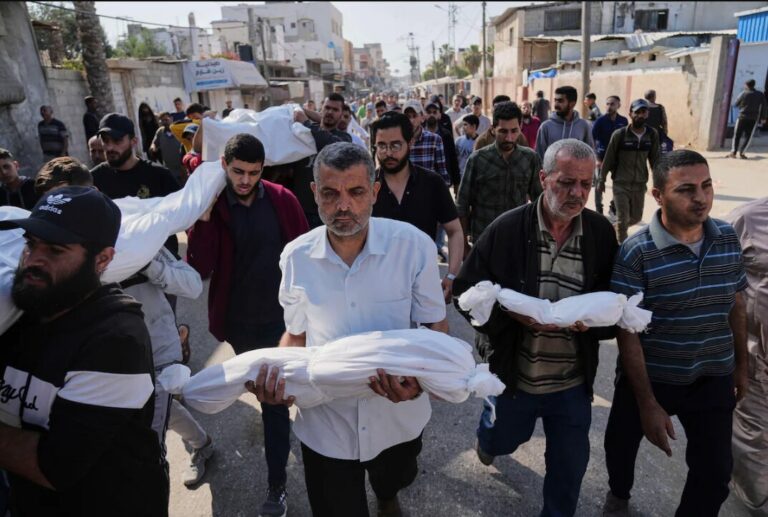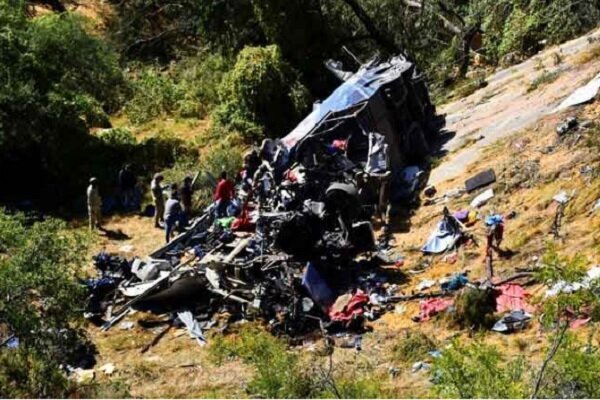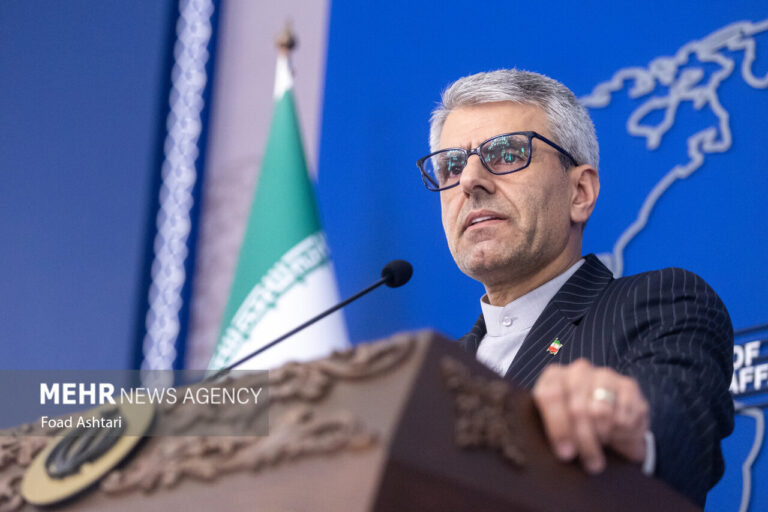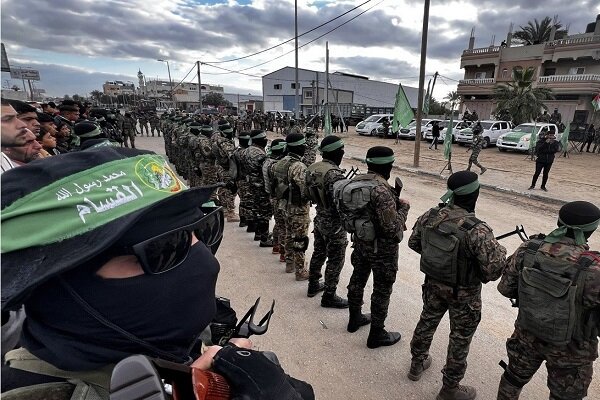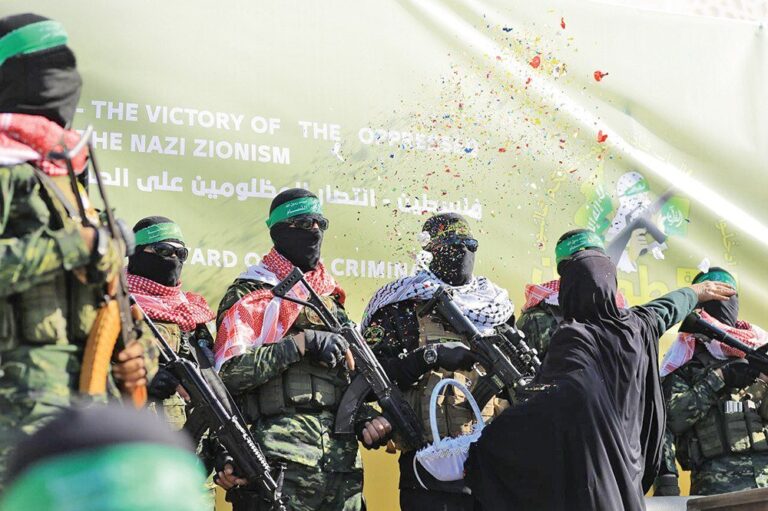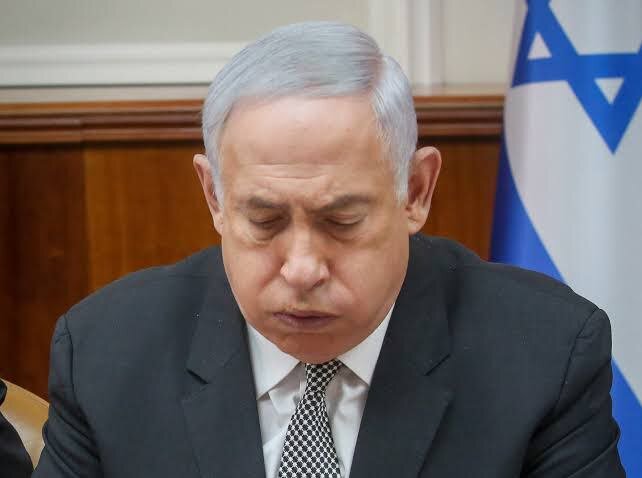February Funeral Ceremony for Sayyed Hassan Nasrallah: A Tribute to a Influential Leader
In a significant development, the funeral of Sayyed Hassan Nasrallah, the prominent leader of Hezbollah, is set to take place on Sunday, February 23, in Beirut, according to a tweet from a journalist at SNNTV. This news has stirred conversations and emotions across various communities, especially considering the impact of his leadership on regional politics.
While the announcement has generated anticipation, it’s important to note that the report is still awaiting official confirmation. The circumstances surrounding his death have raised numerous discussions and speculations. Sayyed Hassan Nasrallah was reportedly martyred during a massive Israeli air attack on Beirut on September 27, 2024. This event marks a pivotal moment not only for Hezbollah but also for the broader geopolitical landscape in the region.
Here are some key points to understand the context and significance of this news:
- Leadership Legacy: Sayyed Hassan Nasrallah has been a defining figure in Hezbollah’s history, leading the organization since 1992 and shaping its military and political strategies.
- Impact of His Death: His martyrdom is expected to influence Hezbollah’s strategies and the group’s future direction, as well as the dynamics of Lebanese politics.
- Community Response: The announcement of his funeral has elicited strong reactions from his supporters, with many expressing their grief and solidarity through social media platforms.
- International Implications: The circumstances of his death and the ongoing tensions in the region highlight the fragile state of peace and security in the Middle East.
The funeral is anticipated to draw a significant crowd, reflecting Nasrallah’s influence and the loyalty he commanded among his followers. Observers are closely monitoring the situation, as the event could potentially lead to further escalations in regional tensions.
Sayyed Hassan Nasrallah’s leadership was marked by a series of key events and decisions that defined Hezbollah’s role in Lebanon and the wider Middle East. His strategic maneuvers during conflicts, such as the 2006 war with Israel, solidified his position as a formidable leader and a symbol of resistance for many.
Throughout his tenure, Nasrallah emphasized the importance of armed resistance against perceived threats, particularly from Israel. His speeches often rallied his supporters, reinforcing the ideology that Hezbollah represents a significant force against foreign interventions in Lebanon and the region.
As details surrounding his passing continue to unfold, the implications for Hezbollah and Lebanon’s political landscape are profound. Observers are keen to see how the organization will navigate the leadership vacuum left by Nasrallah and who will emerge as his successor.
Moreover, the international community is watching closely. The event could lead to shifts in alliances and influence regional stability. Countries in the region may reassess their strategies in response to the power dynamics that Nasrallah’s death introduces.
In conclusion, the upcoming funeral of Sayyed Hassan Nasrallah symbolizes a critical juncture in Lebanese politics and regional relations. As Hezbollah and its supporters prepare to honor their leader, the world waits to see the repercussions of this significant event on the future of Lebanon and its ongoing conflicts.
